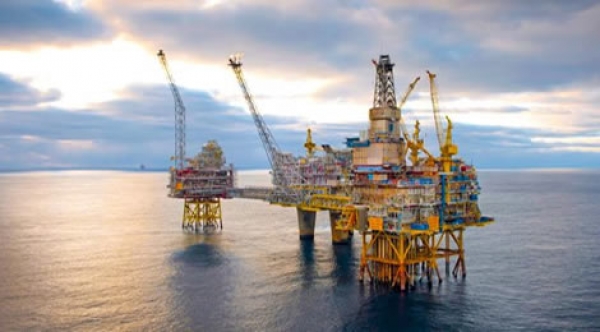Oil price hits 7-yr high; now $113 per barrel

Crude oil prices climbed back to a seven-year high on Wednesday, March 2, exposing the economy to significant shocks of further price increases at the pumps.
At $113 per barrel as of the time of going to press Wednesday, oil prices rivalled the levels recorded in June 2014, when the price of the ‘black gold’ broke the $110 per barrel record.
The current price of oil per barrel is now above 84 per cent higher than the $61.23 per benchmark price that was used to estimate petroleum revenues in the 2022 Budget.
The surge in the price follows a limited supply of crude oil globally amid growing tensions and uncertainty over the duration and magnitude of the Russia-Ukraine conflict.
Russia is the second highest producer of crude oil after the United States of America, producing over 10 million barrels daily.
Implications
The surging oil price exposes the economy to significant shocks although the higher price means that the government will earn higher revenue from the export of the resource than it projected in this year’s budget.
With fuel prices already up by six times this year alone, soaring crude prices means that fuel prices at the pumps will continue to climb up, exposing consumers and businesses to rising inflation and higher cost of living, with the potential to slowdown the economic recovery process. It can also increase pressure on the deficit situation.
Presently, petroleum products such as petrol and diesel are selling at an average of GH¢8 per litre.
Tough times
An economic researcher, Dr Said Boakye, told the Graphic Business Wednesday that the economy would have to brace for tougher times ahead and thus called for innovative ways to insulate the economy and petroleum consumers from the ripple effects.
He said although Ghana was a net exporter of crude oil – it exports more oil than it imports – its share of crude oil proceeds were minimal, making it a net loser in any record rise in prices of the commodity.
He said the country’s crude oil production had also suffered consistent declines as the oil companies battled with various challenges facing their operations.
In 2020, the country produced 66.91 million barrels.
The 2022 Budget now estimates that crude production would suffer a third decline in a row to 59.51 million barrels.
The budget projects petroleum revenue to hit $1.01 billion this year.
No gains
Dr Boakye, who is the Head of Research at the Institute for Fiscal Studies (IFS), said the development showed that rising crude oil prices were not good for the economy.
“The first thing is, our share of the oil is small and it is not growing fast. Also, the price quantities produced have been declining and because of these, we lose from both sides.
“Meanwhile, on the import side, everything hits us and we feel the hit in fuel prices, cost of items and ultimately on the economy,” he added.
Measures
While admitting that it was difficult to say how long the current price run would continue, the economist said the government should contemplate using the windfall from the high price to cushion consumers against hiking fuel prices.
He also called for increased dialogue and consensus building among the government and the opposition to help find holistic solutions to the challenges.
He said the government should also prioritise expenditure cuts, including rationalising the usage of official vehicles, convoys and flights.





